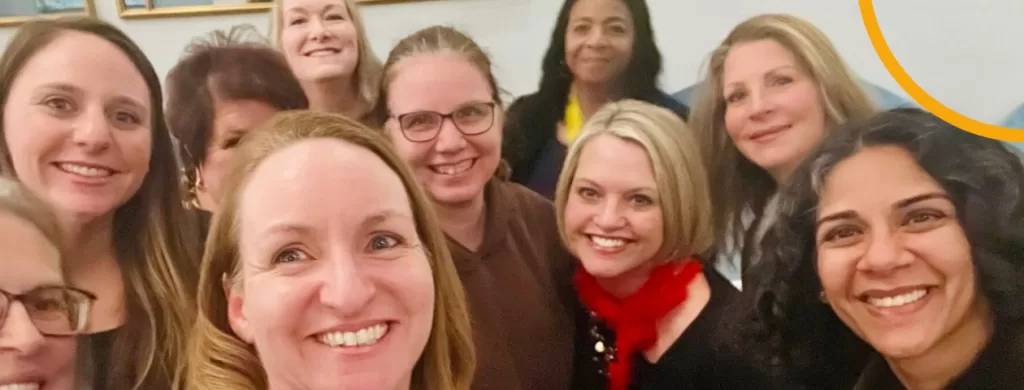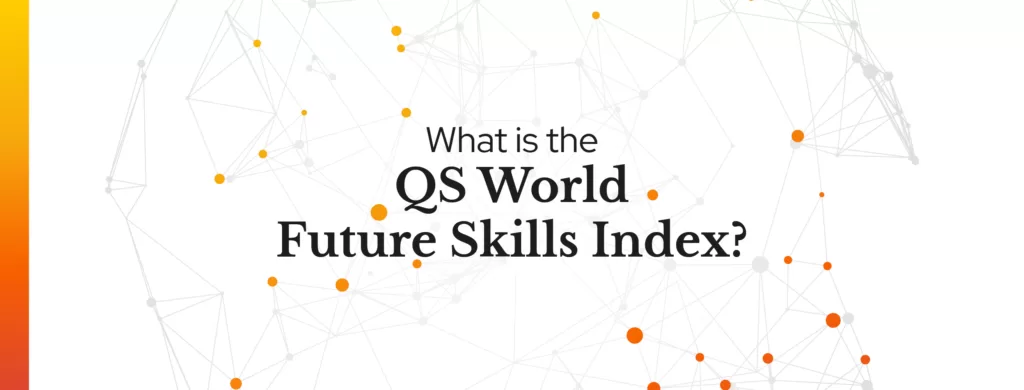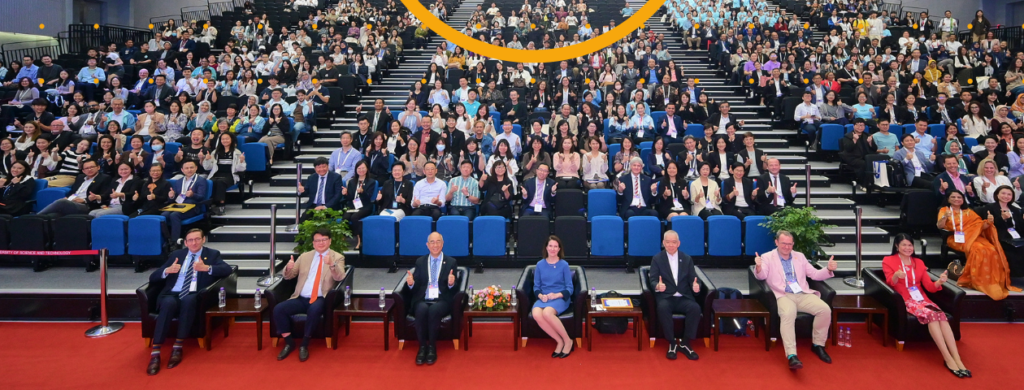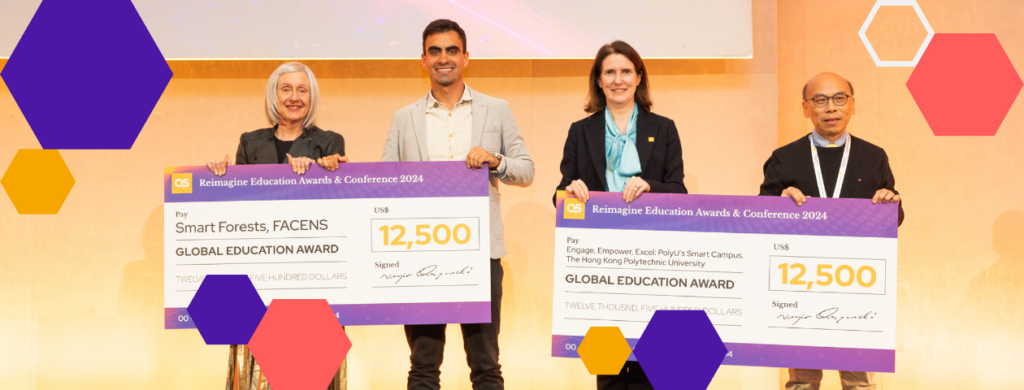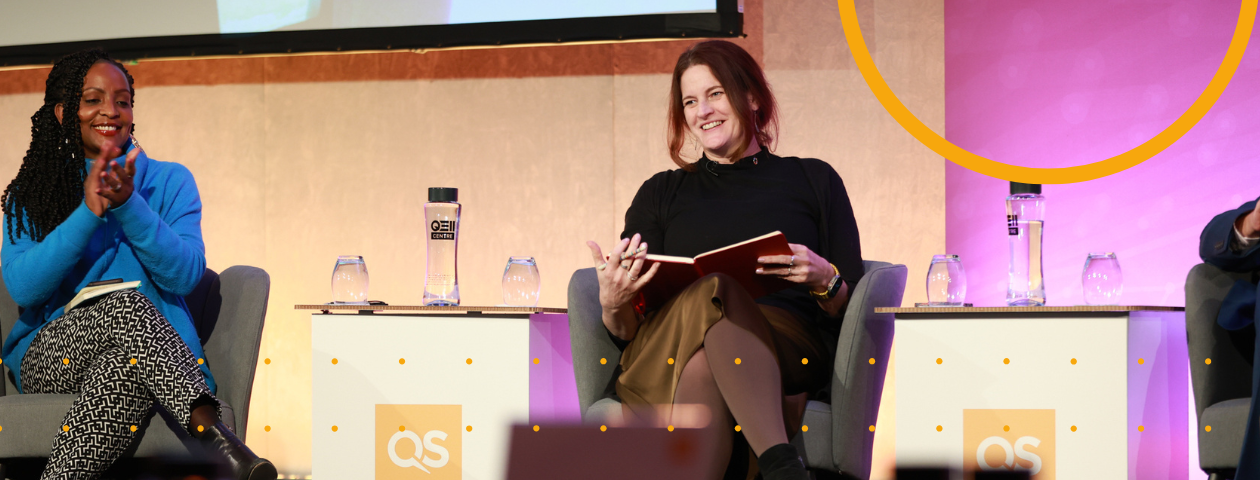
Key takeaways from the QS Reimagine Education Awards & Conference 2024 in London, UK
As higher education sector and industry leaders united at QS Reimagine Education Awards & Conference 2024 in London, there was a resounding message at the heart of the three-day Summit: Higher education must support today’s students to build a better, fairer and more sustainable world.
In a new era of rapid societal and technological change, panel talks, workshops and conversations centred around what higher education’s role in shaping tomorrow’s citizens, finding collaborative solutions to pressing world challenges and better preparing students for the future of work.
Co-host and Associate Professor at the American University of the Middle East, Dr Jean Lakys, said in his opening remarks: “In an era of fast economic progress, digital transformation and social intelligence and sustainable development, we must remain proactive and innovative in rethinking and reimagining the future of education. This conference provides a golden opportunity for likeminded leaders and experts to meet, share ideas and collaborate.
“At our universities, we believe that collaboration among higher education stakeholders is important in enhancing learning pathways and preparing future generations for success. Together, we can create a brighter, more sustainable future for learners worldwide.”
Recognising innovation in higher education
The Reimagine Education Awards honour pioneering pedagogical approaches that boost learning outcomes and employability, as well as effective methods of teaching sustainability, with a vision to equip over a billion learners worldwide for their future endeavours.
The Global EdTech Award (sponsored by AWS) was won by ZNotes, a community-driven online platform offering free access to high-quality learning resources and peer-learning support, leveling the playing field for all.
For the Global Education Award (sponsored by The University of Sydney), the jury was unable to pick one winner due to the level and variety of innovation happening in the sector and chose to award two winners: one with a social and sustainable focus and the other focused on tech enhanced learning. Smart Forests, a project from the Brazilian university FACENS and The Hong Kong Polytechnic University’s Engage, Empower, Excel: PolyU’s Smart Campus Innovation project are the joint winners of the Global Education Award.
Inspiring the citizens of tomorrow
As the urgency of societal challenges like climate change, equality and equity becomes increasingly apparent, universities must expand their impact ecosystems. Students drive this urgency, demanding action on issues that resonate deeply with them and universities must leverage this power to engage broad sectors of society in collaborative problem-solving, fostering interdisciplinary collaborations and deepening engagement with local and global communities.
Professor Jerry Wind, co-founder of QS Reimagine Education Awards & Conference and Lauder Professor Emeritus and Professor of Marketing at The Wharton School, said: “In today’s environment, with increasingly ideological divides we have many problems with establishing the truth and distinguishing fact from fiction. It is becoming increasingly important that universities take a more serious look at how we prepare the citizens of this world to be whole persons, and not just to focus on one aspect of employability.”
Preparing students for the future of work
Continuing on that line of thinking, the future of work was also discussed throughout the Conference. Employers today require a workforce with skillsets that didn’t exist 20 years ago – artificial intelligence (AI), digital and green skills have all come to the fore. McKinsey’s ’Jobs lost, jobs gained’ report estimated that by 2030, up to 375m or 14% of the global workforce would need to switch occupational categories due to automation, digital disruption and industrial change.
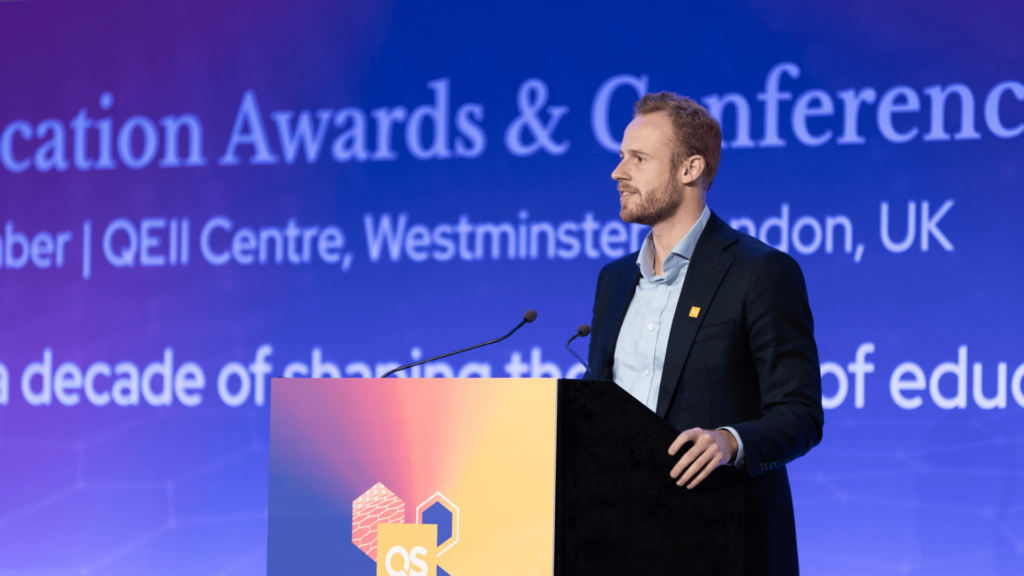
“Change is upon us, and action is required to support the future workforce,” Matteo Quacquarelli. Presenting a first-look preview of the QS World Future Skills Index ahead of the full launch in January 2025, he said: “We hold an absolute responsibility to our future students to ensure that they’re not being displaced in tomorrow’s workforce. As a consequence, higher education systems need to build greater agility to sit at the centre of workforce transformation, connecting government policy, procedure, workforce and industry.”
Collaborating for a sustainable future
Universities have a unique ability to bring together diverse learners and communities to foster shared vision and collective action. Yet, defining that vision and turning it into meaningful, lasting change can be a complex task. In response to student-driven demands for action on sustainability and social justice, universities must expand their impact in these areas and partnerships are vital.
While speaking on a panel about shaping sustainability leaders, Martin Baxter, Deputy CEO at the Institute of Environmental Management and Assessment (IEMA), said: “Sustainability is all about supporting people to become agents of change and we have to build that across the entire curriculum and work in partnership to engage organisations into our ecosystems. When universities come from the perspective of how sustainability can shape the communities we work and live within, that’s a big opportunity for driving the capabilities and mindsets that we need going forward.”
An openness to disagreement
Action comes when we are not within our comfort zones and there is opportunity for leaders who allow for plurality, rather than universal consensus and the Summit’s opening keynote by Dr Michael Spence, President and Provost at UCL, explored how higher education should support and enable constructive disagreement on campus.
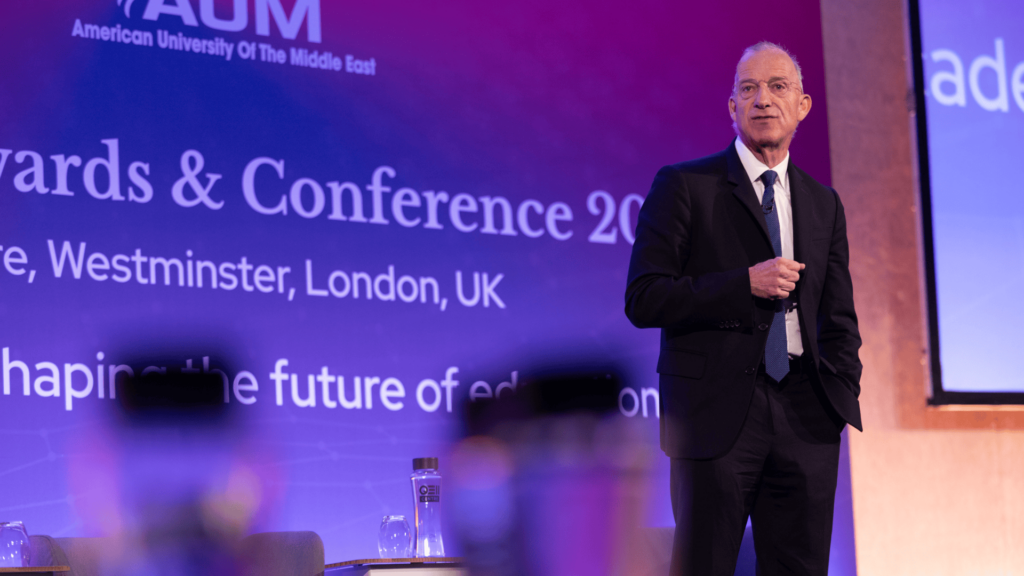
Dr Spence said: “Higher education must consider diversity as a genuinely curated pluralism, to avoid the process of self-reproduction and to make sure your students encounter a variety of understandings of a particular approach to understanding the world. Universities are traditionally places where ideas can meet and people can listen to one another and discuss their different understandings of the world. So, if you’re going to curate pluralism and have that kind of community, you’ll find inevitably that people will disagree passionately about issues that are deeply personal to them as well as academically important. The question is how we make room for this and disagree constructively.”
The future is in the Global South
There were more than six million overseas student enrollments in 2020 and over 50% of those were to destinations in the Global North. However, student mobility from the Global North to the Global South is negligible. Mutually beneficial partnerships between the Global North and Global South will play a critical role in fostering equitable growth.
Sanam Arora, Chairperson of the National Indian Students and Alumni Union UK (NISAU), said: “I think we have to reframe the narrative of partnerships as a force for global good. At the moment, Global North and Global South partnerships are very disproportionate and can sometimes feel transactional and one-way. It has to be more bilateral and more transformational, giving students the opportunities and access to choose from broader educational experiences.”
A creative approach to AI integration
Higher education has been slow to embrace the rapid integration of AI beyond academic intrigue and attempting to stop learners using Generative AI. A significant focus has been placed on managing students’ use of AI in application and assessment processes. While universities have a unique position in developing responsible AI use, the sector requires creativity and curiosity rather than facing the challenge with risk-adversity.
Speaking on a panel about the future of universities, Dr Spence said: “There are key areas we should be exploring in terms of learning and AI. Firstly, we should teach students the things that machines cannot do, including creativity and critical thinking. We must get better at teaching students how to use new technologies and finally, we must teach students the skills that machines have but with academic integrity.”
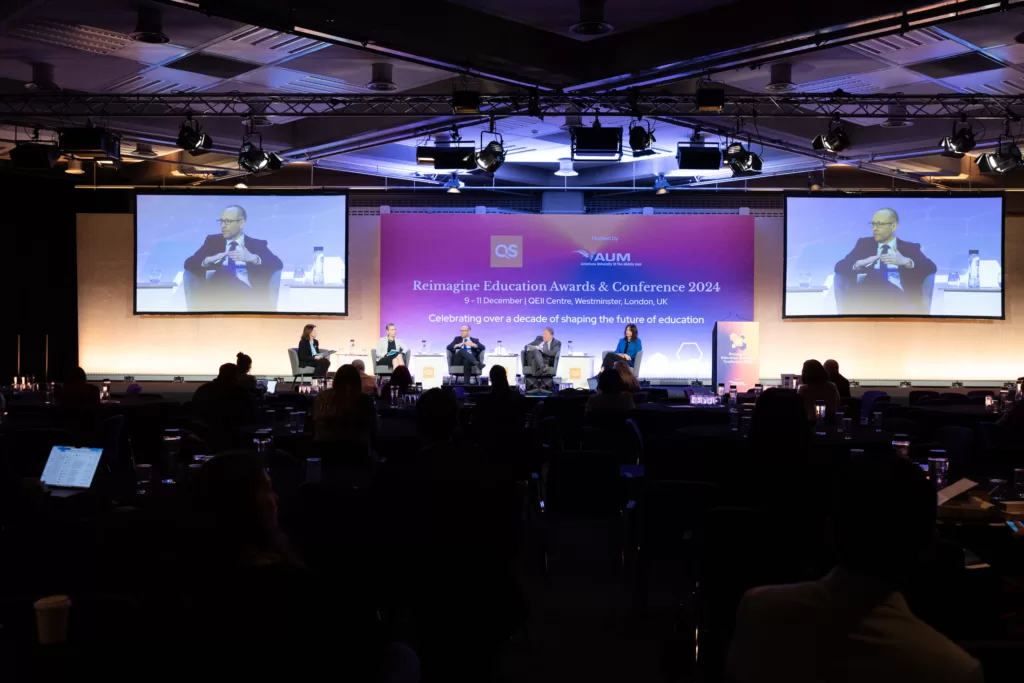
Creating a roadmap for lifelong learning
Higher education must rethink its role in lifelong learning, focusing on the need to continually adapt and evolve in an increasingly complex world. Innovations like micro-credentials, stackable degrees, and blockchain solutions are already transforming the way universities deliver education. Universities must challenge how we think about acquiring knowledge and become a key partner in reskilling culture.
Claude Catala, Vice Rector of Global Engagement at University PSL, said: “Things change so quickly we cannot guarantee what the future will be, but that’s what we have to train students for. Skills that will not become obsolete and to be able to navigate rapid changes. What is extremely important for students is the development of transitional skills, soft skills and lifelong learning so that they can adapt to a rather unknown future.”
QS Reimagine Education and Conference 2025 will be in London. We would love to see you there.
